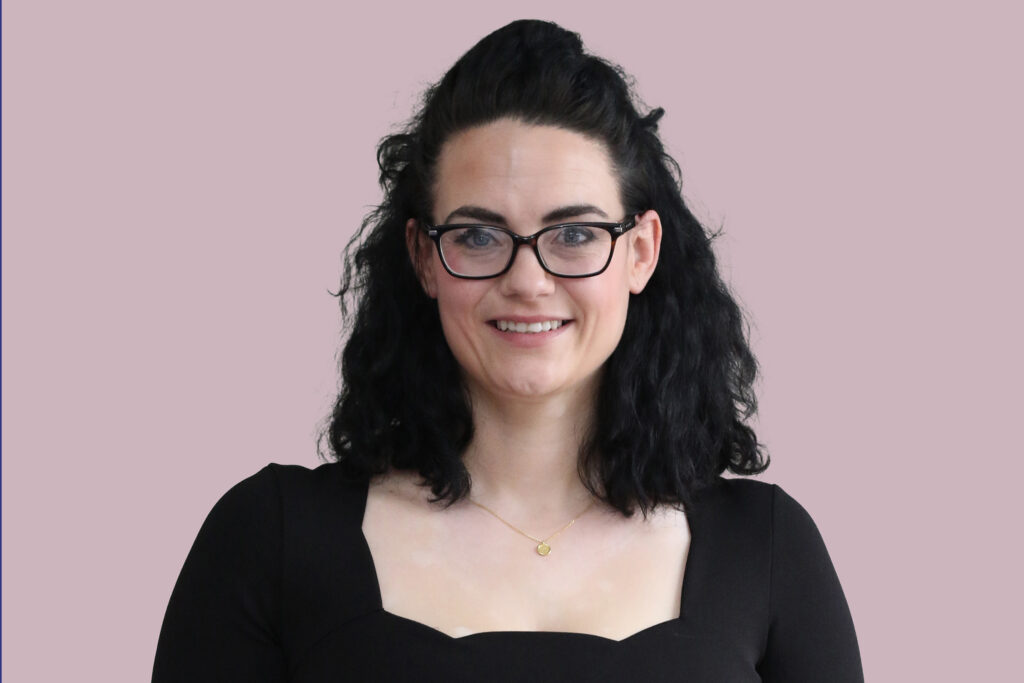AGRICULTURE tax specialists are urging British farmers to take advantage of a generous Government “super-deduction” – before it disappears.
Experts at accountancy practice Douglas Home & Co say the potential 130% tax deduction can cover a broad range of farms and agricultural business investments, but have warned that firms will have to move quickly.
The Borders-based specialists highlighted that the tax giveaway for major capital investments is due to expire at the end of March 2023 so farms – which operate as limited companies – need to get their ducks in a row quickly.
The main focus of the super deduction is on business “plant and machinery”, an extensive catch-all that can cover everything from tractors and lorries to foundry equipment and refrigeration units.

Companies that apply in time could see taxes cut by up to 25p for every £1 that they invest, meaning a £1m investment could see a corporation tax saving of £247,000, compared with just £190,000 under the previous system.
Victoria Ivinson, one of six directors at Douglas Home & Co, which operates across Scotland and the Northern England, said: “Remarkably this potential tax break has flown under the radar and many people and businesses have simply missed it, but it could be of particular interest to the farming community.”
The super-deduction is the main element of a range of capital allowance sweeteners launched by the Government in April 2021 to boost business investment.
Victoria added: “A recent court ruling confirmed that cold rooms and cold stores should be regarded as ‘plant’ with regards to qualifying for HMRC allowances.
In this particular case, a tribunal ruled that expenditure incurred on constructing a potato store qualified for plant and machinery capital allowances, as the store fell within the definition of a cold store.
“I would guess that there are farms up and down the country, that may be swithering on committing to this kind of investment, but who are unaware of the potential tax savings if they act sooner rather than later.
“I would urge them to seek advice before taking any steps as the criteria for qualification are fairly specific. “
However, Victoria highlighted that the super deduction is only available to companies that pay corporation tax – sole traders and partnerships don’t qualify – and that traditionally many farms are not structured in a company format.
She added: “Many farms tend to be partnerships and family run concerns, but our team of agriculture specialists can discuss the pros and cons of changing business structure and how to action this with HMRC, if they think they could make use of the super deduction and further company benefits – such as Research and Development tax relief.
“Admittedly, the rules are complex, so it is essential that any company that wishes to take advantage of these tax savings is getting advice from experts who fully understand the system and can make the process worthwhile.
“While the super-deduction is still available for just under a year, business people, and especially farmers, know how quickly that time passes when you are talking about major capital investments.
“Those are not snap decisions and generally need extremely careful planning and decision-making.
“There is still time for farmers to benefit, but we would urge interested parties to get in touch with us as soon as possible, to find out if they qualify to unlock these extremely significant tax breaks.
“It will be a terrible waste of an opportunity for any farm, which are on the cusp of making a major new plant or machinery investment, to miss out on this.”
Douglas Home & Co was founded and remains headquartered in the Scottish Borders where it has four offices, with further bases in Edinburgh, East Lothian, Cumbria and Northumberland.
It has 70 staff and saw a 4% rise in turnover to £4million for the financial year 2020/21.
That keeps it on track with its ambitious business plan to occupy a market gap it has identified between smaller accountancy firms and the big four.
Its ethos is to provide a more personalised service than big firms, but a more expansive range of services than smaller practices.
